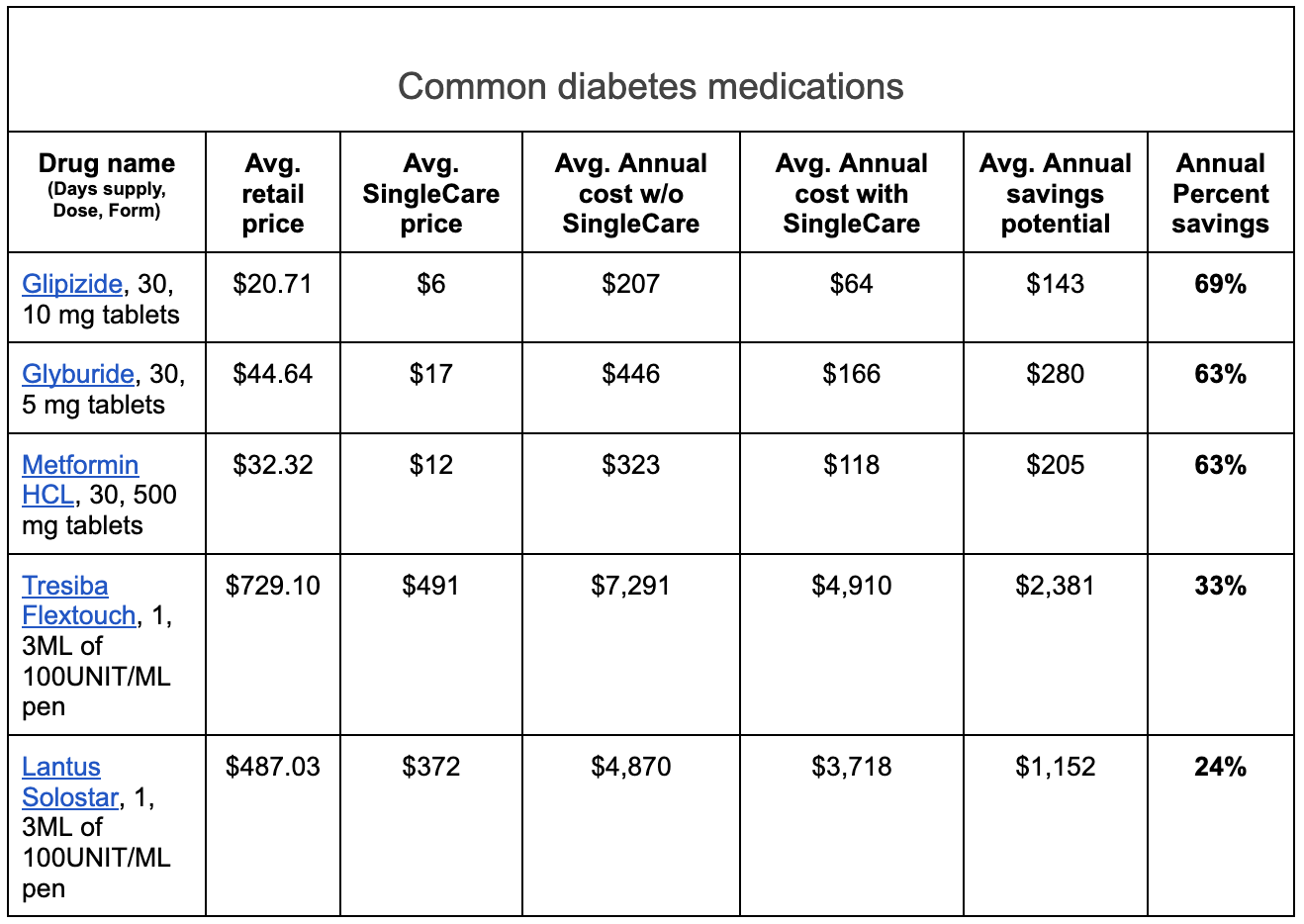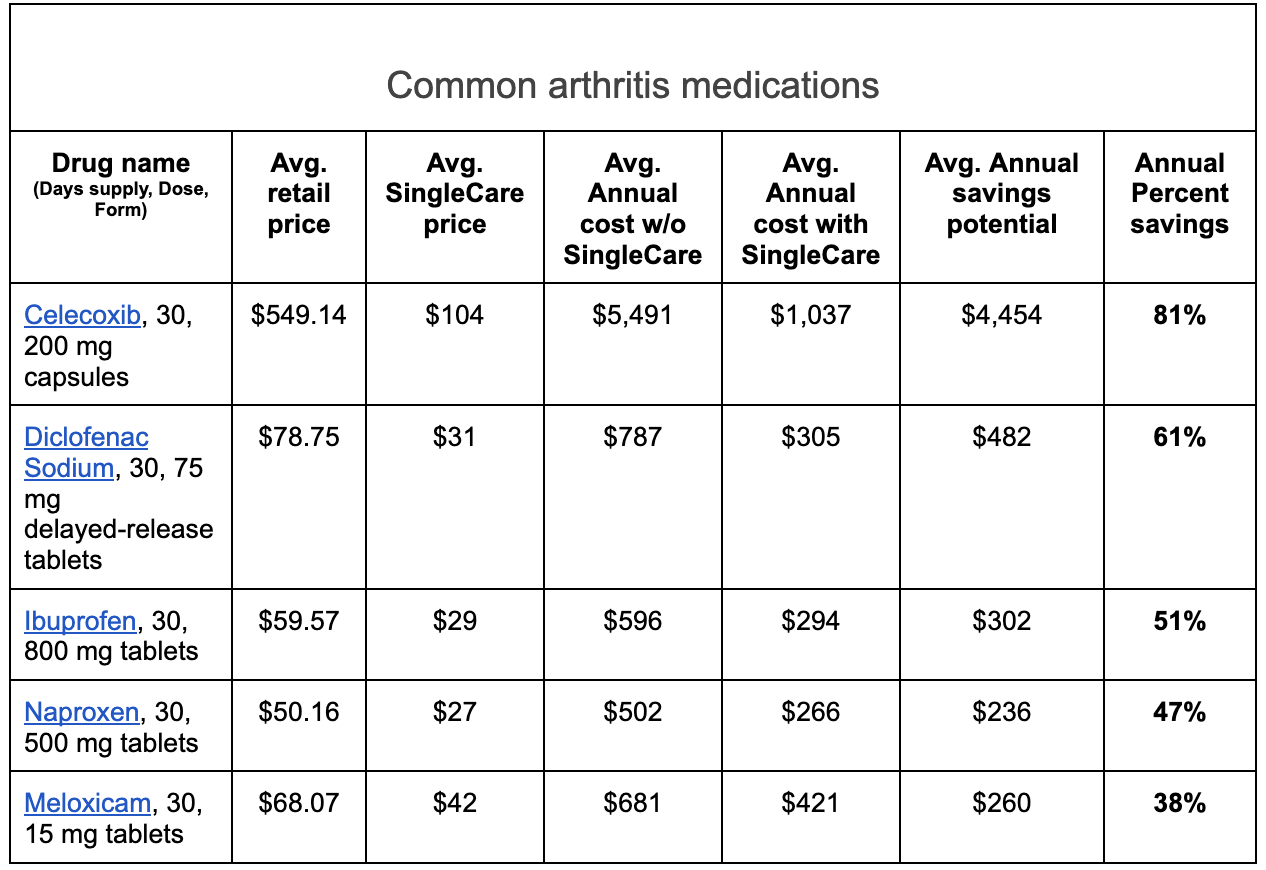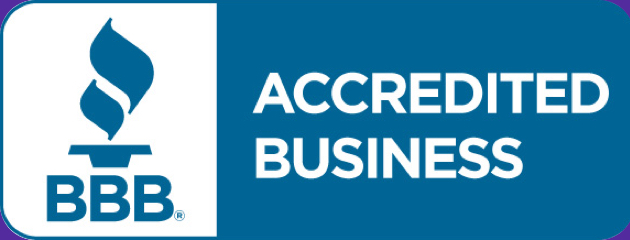Report: The crushing cost burden of chronic medications and cash saving strategies for consumers
Chronic conditions in the U.S. are the leading cause of death and disability, resulting in $4.1 trillion in annual healthcare costs. With 6 out of 10 Americans having a chronic disease, and 4 out of 10 with two or more conditions, access and adherence to prescription drugs are critical in order to improve and maintain a healthier life. Yet, despite the importance of medication adherence, nearly 13 million U.S. adults skip or delay filling prescriptions due to high price tags each year. Additionally, about one-third (32%) of Americans taking four or more prescriptions said they have difficulty affording their medications.
In a recent survey conducted by SingleCare, the persistent problem of high prescription drug costs has only been exacerbated by historic inflation as nearly half (48%) of Americans said that they find it more difficult to afford their prescriptions this year compared to last. Additionally, 37% of U.S. respondents said they’ve used funds from a savings account in order to pay for a prescription.
As millions of Americans continue to struggle to afford their medications, SingleCare reviewed common chronic conditions – diabetes, mental health disorders, heart disease, and arthritis – to see how much consumers can save annually when using SingleCare compared to paying the average retail price.
Diabetes
More than 37 million Americans live with diabetes—and research shows an additional 1 in 4 U.S. adults live with undiagnosed diabetes. With nearly 10% of the U.S. population living with either Type 1 or Type 2 diabetes, it is crucial to adhere to a prescription regimen; diabetes is the seventh leading cause of death in the U.S. According to the American Diabetes Association, people who are diagnosed with diabetes incur an average medical expenditure of $16,752 per year, $9,601 of which is attributed to the disease.
In our analysis, SingleCare discovered that the average annual retail cost of diabetic medications was $4,000 and when using SingleCare to save on these same medications, the average annual cost dropped to $2,432, or 39% annual savings. In addition to the overall annual cost, SingleCare reviewed common diabetic medications to compare the annual retail cost to the annual cost when using SingleCare.

*Prices are the average SingleCare price compared to the average retail price (UNC) as of Mar. 1, 2023, for 30-day supply quantities. Prices for the average retail price and SingleCare prices are sourced among CVS, Walgreens, Rite Aid, Albertsons, and Kroger.
One story that highlights how cost savings can impact lives is Debra, a SingleCare customer living with Type 2 diabetes. On a fixed monthly income, Debra is able to save more than $100 a month on her diabetic sensors by using SingleCare.
Mental health disorders
According to the CDC, roughly 1 in every 5 Americans is living with a mental health illness. Two common mental health disorders in the U.S. include depression, which affects 17 million U.S. adults each year, and attention deficit hyperactivity disorder (ADHD), where nearly 10% of U.S. children are diagnosed and 4% of U.S. adults. SingleCare analyzed the medications within both conditions to determine the annual cost for depression and ADHD with and without SingleCare, along with the top medications within each group.
In its review of the data, SingleCare uncovered that the average annual retail cost of antidepressant medications was $1,278 and when using SingleCare to save on these same medications, the average annual cost dropped to $427, or 67% annual savings. Additionally, when SingleCare reviewed the cost of ADHD medications, it found that the average retail cost of these medications was $3,999 and when using SingleCare to save on those medications, the average annual cost dropped to $1,063, delivering 73% savings.
In addition to the overall annual costs, SingleCare reviewed common depression and ADHD prescriptions to see on an individual drug level the annual retail cost compared to the annual cost when using SingleCare to save on these medications.

*Prices are the average SingleCare price compared to the average retail price (UNC) as of Mar. 1, 2023, for 30-day supply quantities. Prices for the average retail price and SingleCare prices are sourced among CVS, Walgreens, Rite Aid, Albertsons, and Kroger.

*Prices are the average SingleCare price compared to the average retail price (UNC) as of Mar. 1, 2023, for 30-day supply quantities. Prices for the average retail price and SingleCare prices are sourced among CVS, Walgreens, Rite Aid, Albertsons, and Kroger.
Heart disease
Cardiovascular conditions are the leading causes of death in the United States and are responsible for every 1 out of 3 deaths each year. For those affected by these diseases, it’s incredibly important for patients to control their blood pressure, maintain a healthy diet, routinely visit their healthcare provider, and adhere to their prescription medications. SingleCare analyzed the medications used to treat heart disease to determine the annual cost with and without SingleCare, along with the top medications within the group.
In its findings, SingleCare discovered that the average annual retail cost of heart disease medications was $489 and when using SingleCare to save on these same medications, the average annual cost dropped to $172 representing 65% annual savings. In addition to the overall annual costs, SingleCare reviewed common heart disease prescriptions to see on an individual drug level the annual retail cost compared to the annual cost when using SingleCare to save on these medications.

*Prices are the average SingleCare price compared to the average retail price (UNC) as of Mar. 1, 2023, for 30-day supply quantities. Prices for the average retail price and SingleCare prices are sourced among CVS, Walgreens, Rite Aid, Albertsons, and Kroger.
Arthritis
Arthritis is a general term for conditions that affect the joints, tissues around the joint, and other connective tissues. There are over 100 different types of arthritis and it’s estimated that 24%, or approximately 1 in 4 U.S. adults, have some form of the disease. As arthritis is the leading cause of work disability in the United States, treating it is important for those with the disease in order to control the pain, minimize joint damage, and improve overall function and quality of life.
SingleCare reviewed medications associated with arthritis and found that the average annual retail cost of pain and inflammation-related medications was $627 and when using SingleCare to save on these same medications, the average annual cost dropped to $319 or 49% annual savings. In addition to the annual cost, SingleCare reviewed common pain relief medications associated with arthritis to see on an individual drug level the annual retail cost compared to the annual cost when using SingleCare to save on these medications.

*Prices are the average SingleCare price compared to the average retail price (UNC) as of Mar. 1, 2023, for 30-day supply quantities. Prices for the average retail price and SingleCare prices are sourced among CVS, Walgreens, Rite Aid, Albertsons, and Kroger.
Medication management tips for chronic disease
“Medications are most effective when taken as prescribed by your healthcare provider,” said Jennifer Bourgeois, Pharm.D., Pharmacy and Health Expert for SingleCare. “Chronic diseases are managed with long-term treatments that help to regulate the body such as keeping the blood pressure within normal range, stabilizing blood sugar or decreasing inflammation in the lungs. If doses are missed or the medication is stopped without the provider's guidance, this can cause the body to have an adverse event that could warrant hospitalization.”
Here, Dr. Bourgeois provides her expert health tips on how to best manage chronic medications.
Simplify the regimen. Create a regimen that allows you to take your medications at the same time of day and as few times as possible. For example, if you have three medications that need to be taken once daily, take all three at the same time of day instead of taking one medication at breakfast, one medication at lunch, and one medication at dinner. Simplifying the regimen will decrease missed doses. Always consult your pharmacist to ensure it is safe to combine medications.
Use pill organizers and alarm reminders. Using a pill organizer allows you to have all of your medications in one container so that you aren’t fumbling through multiple prescription bottles. This also allows you to ensure you take your medication daily since you will have your “Monday'' slot of the pill organizer filled with your medications for that day. There are many different designs of medication organizers. Some only have one slot per day, while others have an “AM” and “PM'' container for each day of the week. Setting alarms on a smartphone can serve as a reminder to take the medication at a certain time of day if the medication requires precise dosing. Also, a general alarm reminder to “Take daily medications'' can be set if you are having trouble remembering to take your medications.
Auto-refill medications. Your pharmacy provides an auto-refill service that will automatically refill your maintenance medications without you needing to call. Ask your pharmacy team about this service to prevent running out of your medications.
Purchase a 90-day supply of medications. Extending prescription fills can help reduce the cost of the medication and ensure you have a sufficient supply of the medication.
Take your medications as prescribed. Skipping doses or splitting pills could cost you more in the long run if your symptoms persist and you need a refill, or worse, if your health declines and you need to make an ER visit. For anyone who has trouble affording prescriptions, there are also assistance programs available through manufacturers, non-profit organizations and government programs such as Medicare Extra Help.
Data methodology
Prices are the average SingleCare price compared to the average retail price (UNC) as of Mar. 1, 2023. Data is based on 30 days supply quantity of drugs. Prices for the average retail price and SingleCare prices are sourced among CVS, Walgreens, Rite Aid, Albertsons, and Kroger. Data was reviewed and analyzed by the SingleCare team as of Mar. 20, 2023.
Subscribe to our savings newsletter
Health education, drug info, wellness & more
SingleCare is a prescription discount service that offers free coupons on thousands of prescription drugs. It can be used whether you have insurance, Medicare, Medicaid, or none of the above, but it cannot be combined with insurance.
SingleCare provides transparent drug pricing, so you can compare discounts at pharmacies near you. Browse singlecare.com to find drug discounts, helpful information about your prescription, and resources to help you make informed health decisions.
Prescription savings vary by prescription and by pharmacy, and may reach up to 80% off cash price. This is a medical discount plan. This is NOT insurance. This program offers you the opportunity to locate providers of various types of medical services who will offer their services to you at discounted rates. The range of discounts for medical or ancillary services provided under the plan will vary depending on the type of provider and service received. You are fully responsible for paying for all health care services but will be entitled to receive a discount from those health care providers in accordance with the specific pre-negotiated discounted fee schedule. This program does not guarantee the quality of the services or procedures offered by the providers. Except for prescription drugs which you will pay directly to the pharmacy at the time of purchase, all other services received through a program provider will be charged to the credit card on file in your member account. The charge will include an administrative fee for use of the program. Towers Administrators LLC is the licensed discount medical plan organization with its administrative office located at 4510 Cox Road, Suite 111, Glen Allen, VA 23060. SingleCare Services, LLC is the marketer of the discount medical plan organization including its website, singlecare.com, with its corporate office located at 99 High Street, Suite 2800, Boston, MA 02110. For additional information, including an up-to-date list of providers, or assistance with any issue related to program membership, please contact member support any time at www.singlecare.com, or by calling toll-free 844-234-3057, 24 hours, 7 days a week (except major holidays). Pharmacy names, logos, brands, and other trademarks are the property of their respective owners.
Blog articles are not medical advice. They are intended for general informational purposes and are not meant to be a substitute for professional medical advice, diagnosis, or treatment. Always seek the advice of your physician or other qualified health provider with any questions you may have regarding a medical condition. If you think you may have a medical emergency, immediately call your physician or dial 911.
© 2026 SingleCare Administrators. All rights reserved
© 2026 SingleCare Administrators. All rights reserved







